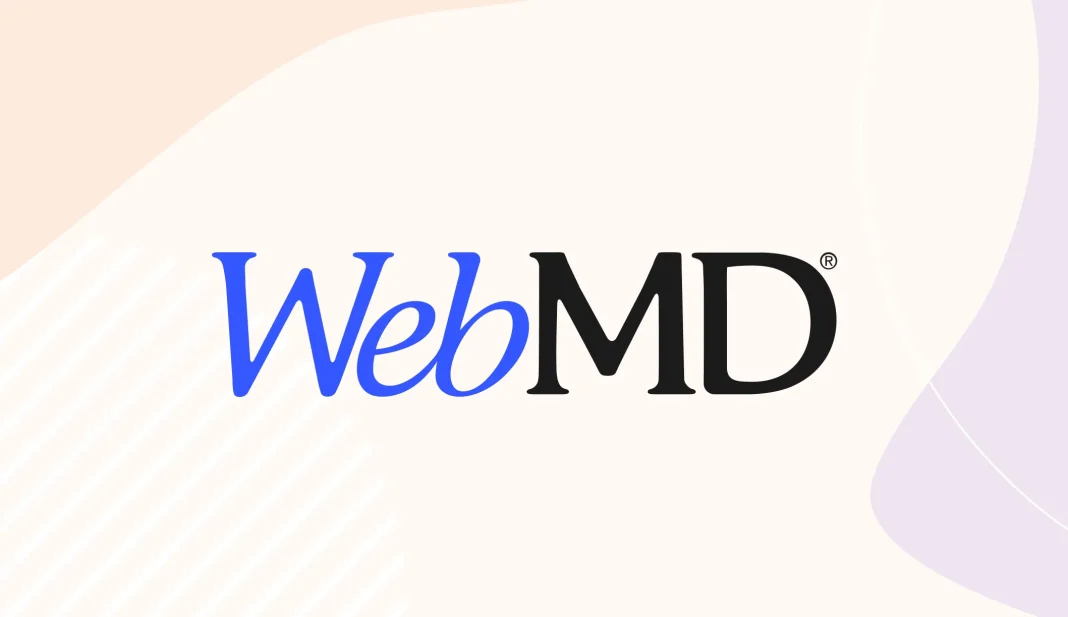By Alexa Federico, as told to Skylar Harrison
Before I became an advocate for those with Crohn’s and IBD, my mom was mine.
“Her nails are blue. She’s lost weight. She’s really cold,” she’d tell doctors again and again about her 12-year-old daughter’s alarming symptoms, but they never seemed to take us seriously.
“She’s just a skinny girl,” one doctor told us. But my mother, a nurse, knew we needed answers. Something was wrong.
It started with fatigue and then joint pain in my knees and sores in my mouth. By the time my GI issues appeared – stomach pain, diarrhea, weight loss, and a low tolerance for food – we were used to countless doctor visits and countless unanswered questions. We were used to our voices not being heard.
I spent New Year’s Day of that year in the hospital. My 10-day stint was filled with endless tests – MRIs, CAT scans, a colonoscopy, an endoscopy. And then, after days of repeatedly telling my life story – more insistent than ever before – we finally got our answer. Most of the tissue in my digestive tract was diseased and I was diagnosed with moderate to severe Crohn’s.
That first hospitalization not only came as a great relief, but it was also where a powerful seed was planted. I didn’t know it back then, but finding my voice during that traumatic stay would not only be crucial to healing myself, it would also be the way I’d reach countless others living with IBD.
I started my first Instagram account as a freshman in college. The Allergy Food Diaries was an anonymous page where I began to document the food I was eating. With the help of a doctor of functional medicine, I knew changing my diet and lifestyle were crucial to managing my Crohn’s symptoms. And so, I started sharing daily photos of my meals and snacks, hoping to connect with others in the IBD community.
“You should start a blog!” a friend suggested.
No way was my immediate thought. A blog felt too big, too public. I was happy with my little anonymous Instagram. Until I wasn’t. Soon, I wanted to reach more people. I pressed “live” on my blog the first day of my senior year and entered a new handle on my Insta. Girl In Healing was officially born – my face and my story public for the whole world to see. I wasn’t scared. I was excited – nervous excited. I knew I had gained a lot of experience and knowledge dealing with my chronic illness and knew that I could help many others who were in the same boat. My goal was simple: to empower those with IBD to heal themselves.
As my community grew, direct messages started coming in.
You give me hope that I can live a full life even with a chronic illness.
My symptoms are so similar to yours. It’s so good to know I’m not alone.
Your take on healing ourselves – our whole selves – gave me such a perspective shift.
The whole thing just felt unbelievable. Me,normal me was having a positive effect on an entire community. That’s when I knew my Instagram was more than just a fun idea: It was making a difference in people’s lives. Did I wake up terrified from occasionally sharing so much about myself? Absolutely! But I calmed myself down by turning back to the work.
For a long time, I stuck to posting practical advice on how to manage symptoms with diet and lifestyle. It made sense. I was a functional nutritional therapy practitioner, after all. But as I continued on my own healing journey, I knew I needed to go deeper. In my 20s, I began to realize that healing from a chronic illness wasn’t just about managing symptoms – it was about facing the sadness, anger, and resentment that lived inside me. It was about forgiveness – forgiving a medical system that failed me, forgiving my body, forgiving my past. As my own healing shifted, so did the content on my Instagram.
Today, I only occasionally post about food because now I know I am called to help people heal not just physically but emotionally. I hope to inspire people to take back their power in their own healing. I like to think I’m a pillar of strength for my community, absorbing everything they’re going through and then creating helpful content they can apply to their own lives.
In 2019, I hit rock bottom after I developed a painful infection in my intestine and needed to have a bowel resection surgery. I, of course, documented the whole terrifying experience on my Instagram. I came out of that surgery in remission, and it was the beginning of a new chapter for me. And a new Instagram account.
In 2021, I launched @AlexaInWriting, where I share poetry from my recently published collection, growing ivy: poetry for overcoming, healing, and loving. It’s the most vulnerable I’ve ever been. It’s the closest thing to expressing what I’ve been through: the devastation, the physical pain, the feelings of unworthiness, the hope, and the healing. I’ve even started reading my poems aloud on the account, and attaching my face and voice to them.
When I think back to where my Crohn’s story began, when no one would listen to us, when my mother must’ve felt like she was screaming underwater, it feels like a lifetime ago. Today, my voice is louder than ever, and I’m anything but anonymous.
I’m three years into remission and still committed to navigating both the highs and lows of this journey with my almost 10,000 Instagram followers. That’s why I named my brand Girl In Healing – we’re always in process. Our healing is a journey, not a destination.
I was recently asked why my poetry collection is titled growing ivy. My answer: “Because ivy can survive even after experiencing harsh environments.”







